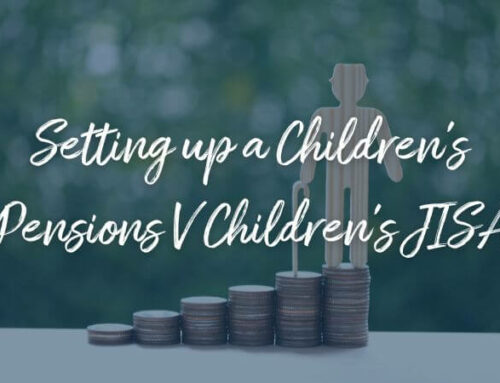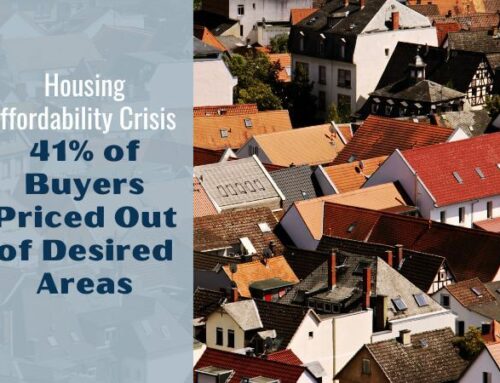Once upon a time, homeowners moved four times after their first purchase; now it’s more like twice. New evidence suggests that in England and Wales, many more of us are putting down roots and choosing to stay in our current homes for longer.
Research carried out by Dr Ian Shuttleworth of Queen’s University Belfast* points to a major cultural change, and highlights that at least a million fewer people moved between 2001 and 2011 compared with 1971 to 1981.
STAYING PUT AND RENOVATING
This trend is borne out by recent research from insurer Hiscox**. They have identified a five-fold increase in the number of homeowners who have chosen to renovate their existing home in the last five years.
The choice to renovate rather than move is likely to be influenced by a range of factors such as the continued rise in house prices in some regions, predicted rises in interest rates, the additional costs such as stamp duty, the lack of suitable property on the market, tighter mortgage lending criteria and the economic uncertainty surrounding Brexit.
In addition, in some parts of the country property prices have hardly moved, meaning that families can find themselves held back because they have made little or no profit on their existing home.
In 2013, the Hiscox research showed that just 3% of homeowners chose to improve as an alternative to moving, but five years later, this figure has risen to 15%. Local council figures show that requests for planning permission have risen by 29% in the last 10 years.
OUTWARDS AND DOWNWARDS
People are increasingly looking to adapt their property to meet their changing needs, with an extra bedroom high on the agenda of many families.
Unsurprisingly, loft extensions head the list of alterations having increased the most, up by 114%. As reports in the media have highlighted, digging out basements to create extra accommodation is becoming increasingly popular, especially in fashionable parts of London.
* Queen’s University Belfast, Fewer people moved to a new house in the ‘00s than the ‘70s, 2018
** Hiscox, Renovations and Extensions Report, 2018
The value of investments can go down as well as up and you may not get back the full amount you invested. The past is not a guide to future performance and past performance may not necessarily be repeated.
It is important to take professional advice before making any decision relating to your personal finances. Information within this blog is based on our current understanding of taxation and can be subject to change in future.
It does not provide individual tailored investment advice and is for guidance only. Some rules may vary in different parts of the UK; please ask for details. We cannot assume legal liability for any errors or omissions it might contain. Levels and bases of, and reliefs from, taxation are those currently applying or proposed and are subject to change; their value depends on the individual circumstances of the investor.
The value of investments can go down as well as up and you may not get back the full amount you invested. The past is not a guide to future performance and past performance may not necessarily be repeated.
If you withdraw from an investment in the early years, you may not get back the full amount you invested. Changes in the rates of exchange may have an adverse effect on the value or price of an investment in sterling terms if it is denominated in a foreign currency. Taxation depends on individual circumstances as well as tax law and HMRC practice which can change.
The information contained within the blog is for information purposes only and does not constitute financial advice.
The purpose of the blog is to provide technical and general guidance and should not be interpreted as a personal recommendation or advice.






